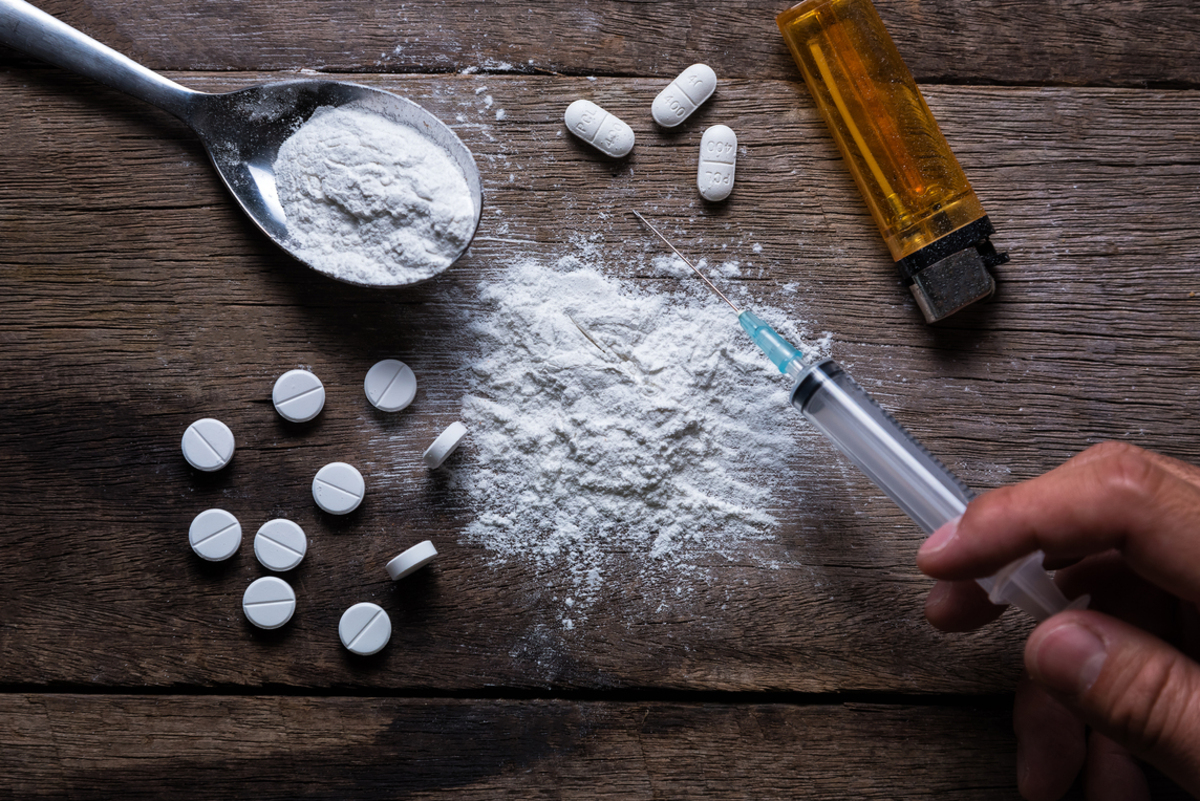Starting in childhood, little ones are warned about the threats of drug abuse. In adolescence, maybe not everyone can grasp the concept of just what drugs can do to a person’s health, and most kids are “threatened” with talks about addiction, wasting money, or losing contact with reality. The harsh truth is that drugs can actually kill, and your heart is the ultimate organ that fails in this equation.

Cocaine
Cocaine is one of the most common recreational drugs currently found on the black market. It is an illegal substance derived from the coca plant. It is depicted as this amazing drug that mostly rich people can afford, and you see it constantly used in Hollywood movies (from “The Wolf of Wall Street” to “Wicked Intentions”) when, truth is, just about anyone can get their hands on it quite easily.
Cocaine is generally consumed in the form of a fine white powder that is snorted, injected, or rubbed onto the gums. When processed, it can also come in the form of crystallized rock, thrown into a pipe, heated, and smoked (this type of cocaine is known as “crack”).
One of the reasons why cocaine became such a well-known drug is because it creates short-term euphoria, alertness, and, unlike other types of drugs, makes you feel like you’re completely awake and aware of your surroundings. Once the effects of the drug wear off, people start experiencing depression, anxiety, a rise in blood pressure, and an elevated pulse. In terms of cardiovascular effects, the long-term use of cocaine can lead to narrowing of the coronary arteries.
Methamphetamine
Also known as meth, this recreational drug is a hit among teenagers who attend music festivals, because it offers a boost of energy, increases sexual appetite, and gives a sense of euphoria. Meth can be snorted, swallowed in the form of a pill, smoked, or injected. Meth has chemical relations to different types of medications prescribed for conditions such as attention deficit disorders.
Meth is very dangerous because it causes people to be hyperactive, raises their blood pressure and causes the heart to beat very fast. When the effects wear off, you experience extreme fatigue (because the drug makes you consume all of your energy), depression, anxiety, and restlessness.
Ecstasy
Also known as MDMA (short for “Methylenedioxymethamphetamine”), ecstasy is a recreational drug that has effects similar to amphetamine. It’s typically consumed in the form of a pill, but people also snort the powder or dilute it in liquid and drink it.
Ecstasy causes people to become more extroverted, gives them a state of euphoria, and makes them optimistic. The side effects of MDMA are very similar to those of amphetamine, but also include excessive teeth grinding loss of appetite and insomnia.
Opium
Opium is a drug that goes back to 3400 BC, when it was consumed by Sumerians. Today, opium is one of the most addictive drugs in the world. It is often smoked, but some people prefer to ingest it orally.
This drug relieves pain and anxiety, inducing a state of calm for a duration of about four hours. One of the most dangerous things about opium is that users develop a tolerance, so you need to constantly increase your dose to achieve that altered state.
Some of the side effects of opium include impaired vision, lack of coordination, too much anxiety, even weight loss. Since opium is often smoked, it alters both the heart and lungs, much like cigarettes do.
Heroin
Based on opium, but four times the strength of morphine, heroin has both short and long term effects that are potentially life-threatening. Much like opium, heroin also reduces anxiety and provides a state of calm and relaxation.
While there are people who smoke or snort it, the most common way to administer heroin is through an injection. Because of that, problems such as collapsed veins and infections (such as HIV or hep B and C) are quite common. Since it also attacks the immune system, heroin can lead to other health conditions, such as tuberculosis.
Conclusion
Illicit drugs aren’t just dangerous because they alter reality and cause addiction; they will slowly, but surely, lead to long term health damage, and cardiovascular diseases are just one in many examples. Aside from the long-term effects, people can overdose on any of these drugs.
While they are all harmful, energy-inducing drugs such as cocaine, meth, or MDMA cause the heart to beat very fast, leading people one step closer to a heart attack.


Your thoughts on this